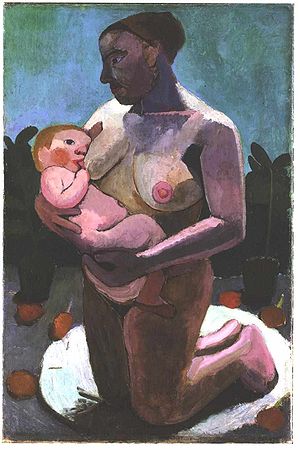
It’s relatively common knowledge that long term breastfeeding reduces the risk of developing breast cancer later in life. Even so, some prominent cancer organizations still don’t wholeheartedly embrace the premise. Cancer.org reports:
Not breast-feeding: Some studies have shown that breast-feeding slightly lowers breast cancer risk, especially if the breast-feeding lasts 1½ to 2 years. This could be because breast-feeding lowers a woman’s total number of menstrual periods, as does pregnancy. But this has been hard to study because, in countries such as the United States, breast-feeding for this long is uncommon.
Yet I find it ironic there is enough information to make the following claim:
Breast implants: Silicone breast implants can cause scar tissue to form in the breast. But studies have found that this does not increase breast cancer risk. If you have breast implants, you might need special x-ray pictures during mammograms.
A new study has shown significant reduction in breast cancer rates in women who carry the BRCA1 gene, which puts them at high risk for breast cancer.
The Telegraph reports:
Amongst the general population of healthy women, breastfeeding for a year reduces the risk of breast cancer by 4.3 per cent, the authors said.
Almost 6,000 women with the BRCA1 or BRCA2 genes were included in the study, with around half having already been diagnosed with cancer.
The cancer sufferers had breastfed for an average of two months less than those without cancer.
It was calculated that breastfeeding for one year reduced the risk of cancer by 32 per cent and for two or more years cut it by almost half.
The researchers said each year of breastfeeding reduced the risk of breast cancer by 19 per cent.
Unfortunately, the breastfeeding advantage was not found for the BRCA2 gene.
I’ll have to look at the article but for the most part women getting cancer NOW didn’t breastfeed at all or quit after a week or two. Just breastfeeding 2 months is a big difference physiologically, colostrum has completely changed over into mature milk and all the post partum hormone changes are mostly back to normal. Of course if most of the women who have the mutation also didn’t breast feed at all and there were a few who nursed extensively that’s an entirely different matter. I’ve very interested in looking at the data 😀
I think is breastfeeding two months longer that equates to a year or more total.
This video covers the breast feeding dilemma that occurred at Target in a quite humorous manner, but offers some good insight – how that’s an issue, but fat, hairy men walking around shirtless is not? Worth a watch for sure.
http://youtu.be/cwO3GLIVHE0